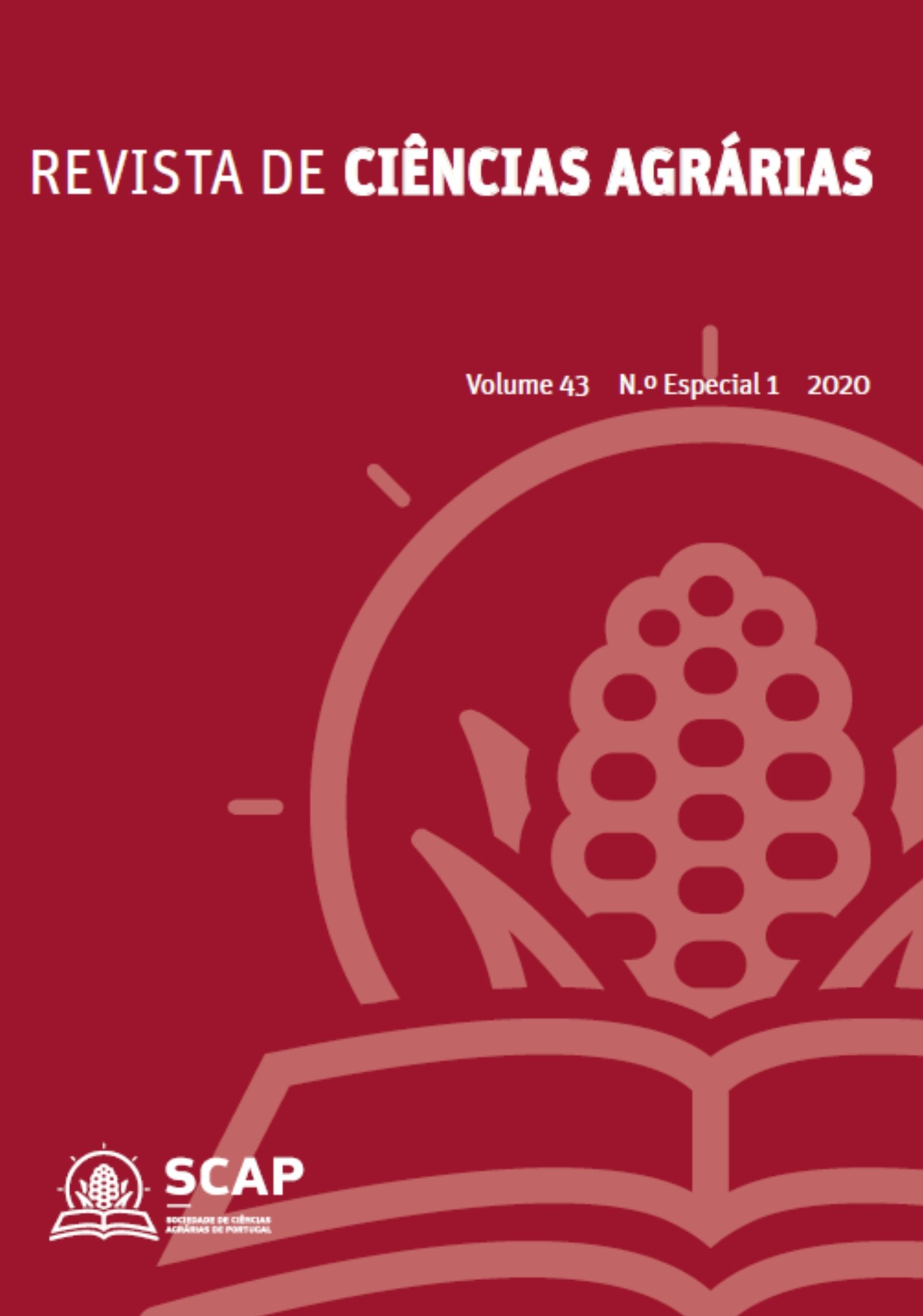Viticulture Systems of Douro
Differences and Similarities for Efficiency
DOI:
https://doi.org/10.19084/rca.19028Abstract
The wine sector is a historical sector in Portugal that plays an important socioeconomic role in the Douro Demarcated Region. This work aims to study the main characteristics of the systems adopted in this region, based on a set of 110 face-to-face surveys and to estimate their productive efficiency using the Data Envelopment Analysis (DEA). In addition, a cluster k-means analysis was performed to uncover unknown patterns in the data and create homogeneous farm groups.
The sample based on a large diversity of wine-growing systems has a large number of plots, with an average grape yield of 5784 kg/ha representing a yield of € 4315/ha, resulting in six clusters. Most isolated farms constitute the cluster that show intensive work. The smallest cluster brings together the most extreme cases and with the highest capital values. The most efficient group is the one that presents all indicators above the sample average, except for the area used. Through this study, it became possible to recognize the characteristics of the most efficient systems that can help winegrowers adopt the most advantageous production systems in order to achieve higher levels of competitiveness.


